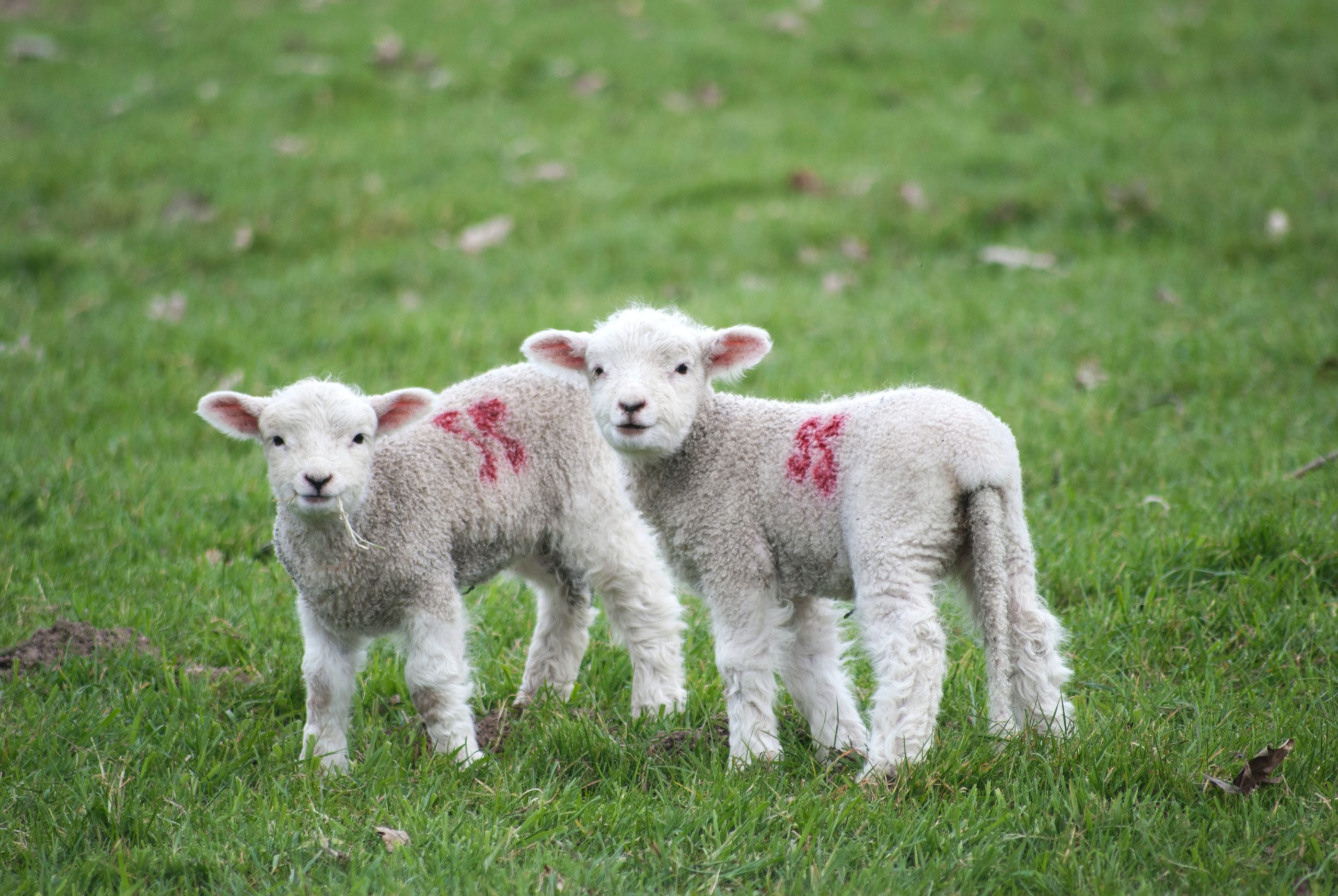Brexit supporting Bow Group finds that the UK-AUS trade deal will see a decrease in the UK’s balance of trade with Australia and leave our farmers worse off
Reviewing the Department for International Trade’s official estimates, Bow Group research has found that the UK-AUS trade deal would see between a 1% (c.£168 million) (Government Scenario 1) & 12.5% (c.£2.6bn) (Government Scenario 2) decrease in our balance of trade with Australia.
These Government estimates are relatively conservative because the deal does not appear to include any concrete restrictions on certain imports, and the true extent of the imbalance may be even greater than estimated.
Despite the UK theoretically having a negotiation advantage due to having an economy twice the size of Australia’s, on the basis of the proposed deal it is almost certain that the balance of trade shift will be in Australia’s favour, and therefore the deal disproportionately benefits Australia over the UK, particularly regarding agriculture/food sectors.
The Bow Group, which has been a foundry for the Brexit movement and a consistent advocate for a deeper trade relationship with Australia, has called for an approach to trade deals that evenly increases non-EU imports and exports, so as not to negatively affect our balance of trade and negatively disrupt UK industry.
Key Points
- The UK economy ($2.83 tn) is twice the size of Australia’s ($1.41 tn), which should have given the UK a significant negotiation advantage to increase our balance of trade with Australia.
- Based on the Government’s own estimates the proposed UK-AUS trade deal would see between a 1% & 12.5% decrease in the UK’s balance of trade with Australia * (DfIT: UK-Australia free trade agreement: the UK’s strategic approach).
- Imports of key produce like beef, lamb, and sugar from Australia to the UK could potentially double under the deal, placing UK producers at risk (DfIT: UK-Australia free trade agreement: the UK’s strategic approach).
- A 2020 Bow Group research paper found that the UK currently relies on imports for as much as 80% of its food consumption. Our economy is dangerously imbalanced, and crises like Coronavirus that cause interruption to imports place the UK at severe risk.
- The Bow Group calls on the Government to rebalance the Australian trade deal, and all other trade deals, between import and export benefits to improve our balance of trade, and to urgently focus on growing not shrinking our UK food production sector.
Quotes:
Ben Harris-Quinney, Chairman of the Bow Group said:
“In most cases a trade deal should improve the status quo for both parties-but the mark of a well negotiated trade deal is one where the benefit is even, or in the UK’s favour. This trade deal significantly favours Australia, & thus has been poorly negotiated from the UK side.
The Trade Secretary Liz Truss must answer why, particularly after bragging about the strong position the UK was in, she has agreed a deal that would see the balance of trade shift so significantly in Australia’s favour, placing UK agriculture at particular risk.
Whilst Liz Truss was a remain supporter, those of us in the Brexit movement know what a huge part of that movement our farmers and fisherman were, we could not have done it without them. The Brexit movement and the British Government owes it to UK food producers to defend and grow their industry that has been decimated by decades of EU membership, and not to deliver further destruction.
Because of the strength of our movement and public support we forced the government to deliver Brexit, and then we forced them to change their deal with the EU that didn’t honour the terms of Brexit. The same logic applies here, what people voted and campaigned for must be honoured, and no deal is always better than a bad deal”.
Nic Conner, Bow Group Research Fellow and former Vote Leave staffer:
“Boris has a countryside blind spot. For the Richmond Park set, who dominate Downing Street, the countryside is just a nice park to go for walks. Boris is leaving farmers out to dry with this, and potentially other trade deals. It is yet another example of the contempt shown towards our rural communities by this current Downing Street team.
Most UK citizens do not live in cities, and have a close social and economic connection to rural Britain and its agricultural sector, why would they want to support this trade deal?
The Conservatives are abandoning this core countryside vote.
Whilst the Conservative Party has reached new voters in the north, the backbone of its support, in terms of voters, activists and members, is in rural Britain. The Government risks upsetting these supporters, and in turn the MPs who represent them, and splitting the Conservative Party and Government over the issue.
Over time, we could see the Tories lose support in the countryside, just as Labour did in the ‘Red Wall’, if this Government continues to neglect rural communities and their interests.
Like myself, many in ‘Red Wall’ constituencies, as well as most of the UK, strongly support the idea of a trade deal with Australia, but not at the expense of British farmers and producers.The idea that ‘Red Wall’ voters lent their vote to the Conservative Party because they are arch neo-liberal globalists is laughable and as tone deaf to their views as Labour.
*Government Scenario 1
Current Trade Estimates:
Australia 5.2 bn – 32.7% / UK 10.7 bn – 67.3 %
Future Trade Estimates:
Aus 5.58 bn – 33.61% / UK 11.08 bn – 66.7%
(Balance of trade moves in favour of Australia by 1%)
Government Scenario 2
Current Trade Estimates:
Aus 5.2 bn – 32.7% / UK 10.7 bn – 67.3 %
Future Trade Estimates:
Aus 9.5 bn – 45.2% / UK 11.5 bn – 54.8%
(Balance of trade moves in favour of Australia by 12.5%)

